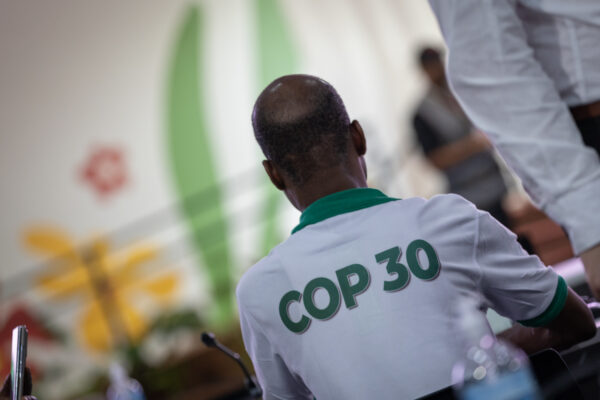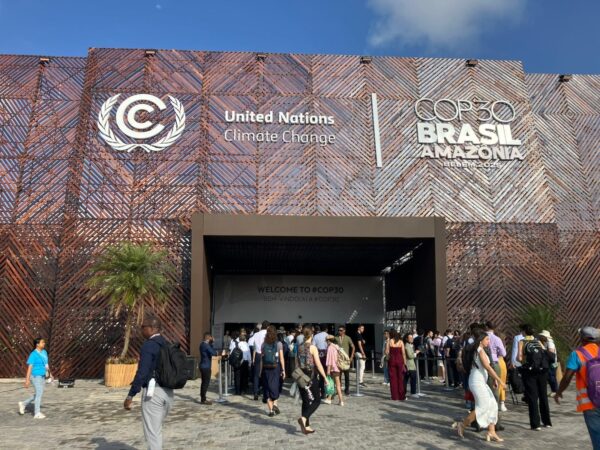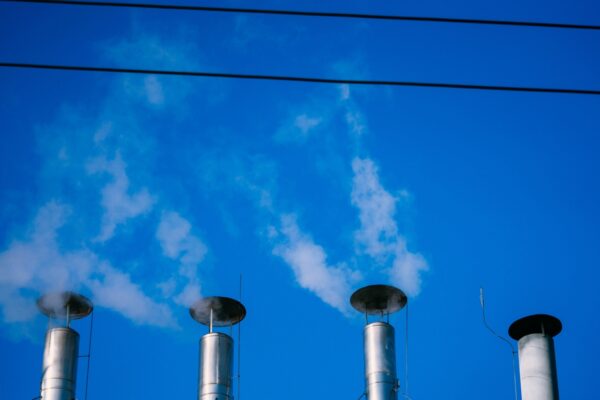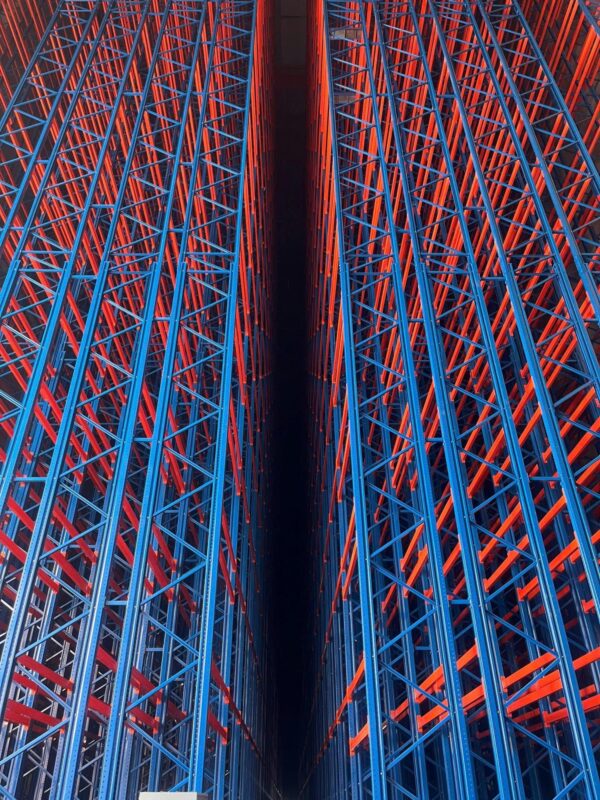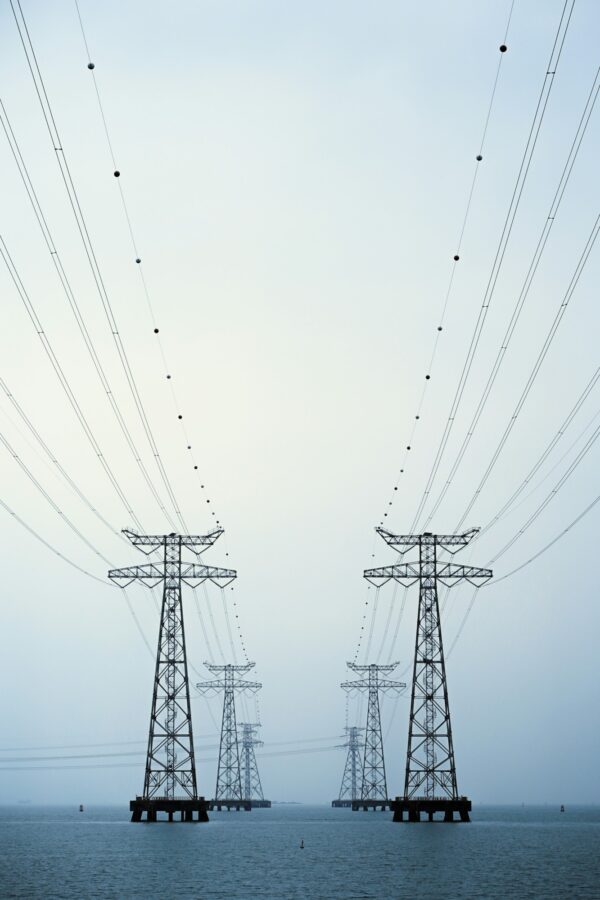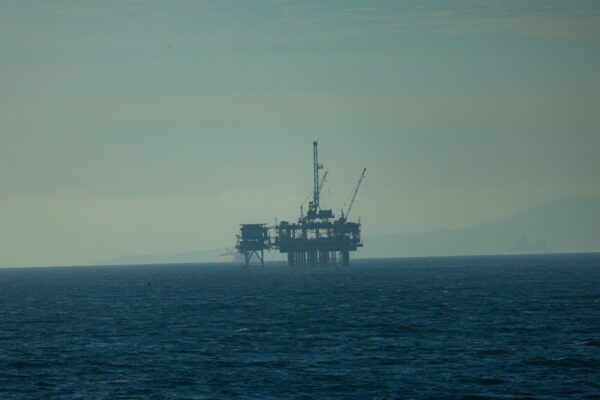If target confirmed, Japan would join Russia with an “inadequate” climate pledge, putting world on path to 3-4°C warming - Climate Action Tracker
Share
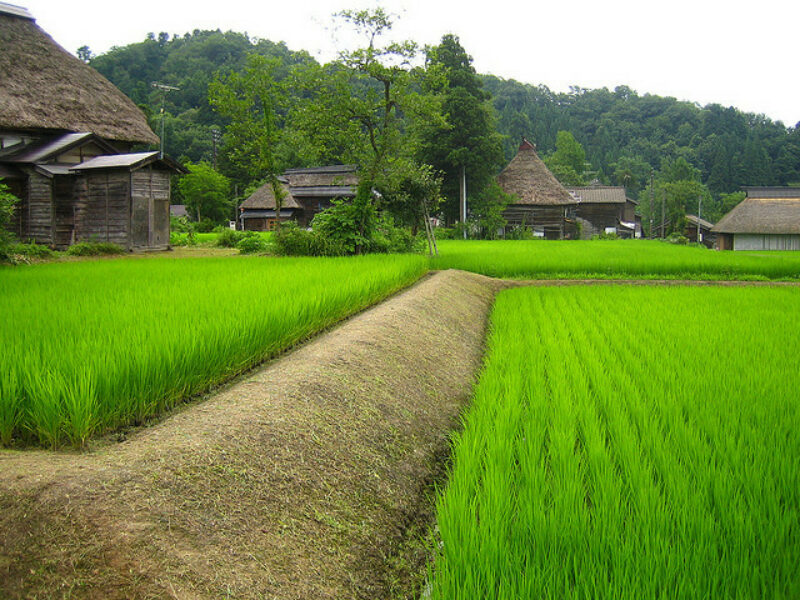
The target, released late last week to Japanese media, but not yet officially announced, would represent an emissions reduction of 11% below 1990 levels in 2030—far from the Japanese Government’s stated aim of moving to a low carbon economy. Adding forest management would bring that back to 8%.
Under its new and comprehensive methodology for tracking the fairness of Government action on climate change, the CAT has assessed this draft as “inadequate”: if all countries adopted this level of ambition warming would likely exceed 3-4°C in the 21st century.
Japan would be making even less effort than any of the governments who have so far submitted their planned climate action for a Paris agreement—INDCs—except Russia, which the CAT has also rated “inadequate.”
“If Japan confirms this target, it will be adopting a strategy that is incompatible with its economic capability and responsibility, which is worrying for such a big emitter. We had no choice but to rate this target as inadequate – totally inadequate,” said Niklas Höhne, of NewClimate Institute.
“Japan has stated it is committed to moving to a low carbon economy, but with this kind of target, coupled with its planned expansion of base load from coal, Japan is likely to recarbonise its economy—the reverse of what it needs, and, if followed by others, would lead to 3-4°C warming this century,” said Bill Hare of Climate Analytics.
Kornelis Blok, of Ecofys, added: “Japan is missing a golden opportunity to join the transition to a low carbon economy to the detriment of Japan’s high tech industry and entrepreneurs. A more ambitious climate goal could catalyse the required policy changes to make this transition a reality and create major new economic opportunities for Japan.“
The CAT has rated the EU, US, Norway, Switzerland and Mexico’s INDCs all as “medium”—but even medium means others would have to take comparably more effort in order to hold warming below the agreed limit of 2°C.
CAT rates Russia INDC “inadequate”
In its Intended Nationally Determined Contribution (INDC), Russia proposes to reduce its emissions of net greenhouse gases (GHG) by 25 percent to 30 percent below 1990 levels by 2030. After accounting for forestry this is a reduction of industrial GHG’s (1) by only 6 percent to 11 percent below 1990 levels, and an increase of 30 percent to 38 percent compared to 2012 levels.
“Russia’s proposed commitment for 2030 would allow emissions of industrial greenhouse gases to grow significantly—to around 3 GtC02e in 2030. To achieve its proposed target, Russia needs to take no further action other than its currently implemented policies,” said Yvonne Deng, of Ecofys.
Russia states in its INDC that “Reducing GHG emissions by 25–30% from 1990 levels by 2030 will allow the Russian Federation to step on the path of low-carbon development compatible with the long-term objective of the increase in global temperature below 2°C.”
However, the CAT assessment shows than neither Russia’s 2020 pledge nor its INDC are in line with interpretations of a “fair” approach to reach a 2°C pathway. Russia’s long-term target is also “inadequate”: it is consistent with only one category of fairness that focuses on capability, which is an outlier category. To be on track for its long-term target, also rated “inadequate,” Russia’s emissions would need to peak and start declining at much higher rates of reduction post-2020.
Russia has been unclear in the way it deals with forestry accounting. While it has stated that the target will use “the maximum possible account of absorbing capacity of forests,” it does not provide any further information on which accounting rules it has used, nor the potential magnitude of their impact on emissions levels in 2030. With its 2020 target submitted under the Copenhagen Accord, Russia did not mention forestry accounting, but given that it has now done so in its INDC, we have added an assessment of the impact of LULUCF accounting to our assessment of Russia’s 2020 target.

